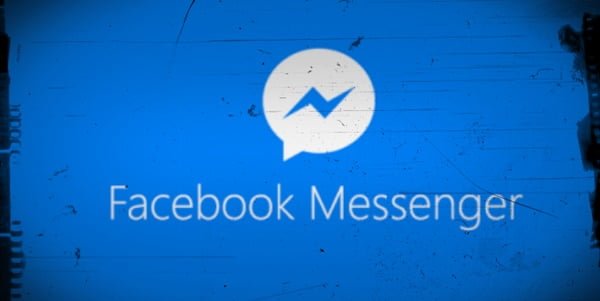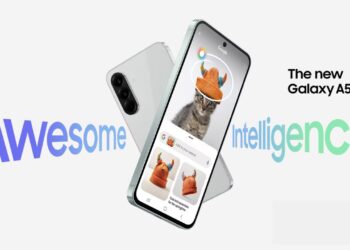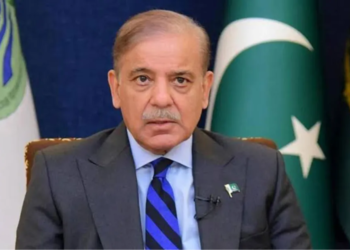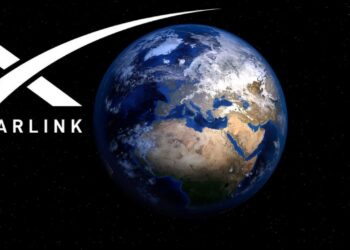Facebook Messenger credits the latest increase of 200 million users to new product features in the last few months such as group video calling and a camera with stickers, masks, frames and other effects. It also points to Messenger Day, a feature borrowed from rival messaging service Snapchat which encourages users to share digital diaries that disappear after 24 hours. Some users have expressed frustration with Messenger Day.
Getting into the billion-user app club is an achievement. Facebook has three apps with more than 1 billion monthly active users. Google has seven. When former PayPal executive David Marcus joined Facebook as Messenger chief in June 2014, Messenger had fewer than 300 million users.
With Messenger and WhatsApp, which the company bought in 2014 in a deal valued at US$22 billion, Facebook owns two of the largest chat apps. More than 1 billion people regularly use WhatsApp.
Facebook CEO Mark Zuckerberg believes Facebook’s messaging apps will be key to driving the social media giant’s success in coming years.
The Messenger app debuted in 2011 but didn’t take off until 2014 when Facebook removed the messaging app from its main app. It hit 1 billion monthly active users in July, double the users it had in November 2014. It appears to be growing a bit more slowly, since it leaped to 1 billion users from 800 million in six months.
Facebook is fashioning Messenger into more than a chat app. Increasingly Messenger is its own social sphere where people share everyday moments, just more privately than on Facebook.
Messenger, Facebook’s homegrown chat app, says it has reached 1.2 billion users.
The milestone, announced ahead of Facebook’s annual conference for software developers next week, is key to Facebook’s push to own more of people’s time and wallets on mobile devices as the arms race with Google and other competitors escalates.
“Messenger is going to be the next big platform for sharing privately,” Zuckerberg said during his keynote remarks at last year’s developer conference F8.
At the time Facebook showed off how brands and software developers could build “chat bots” – interactive software powered by artificial intelligence designed to simulate human conversation – to field questions and help people order goods and services. While they are not yet that common in the US, chat bots have taken off in Asia, where messaging services such as WeChat help users schedule doctor’s appointments, shop for the latest styles, play games or the lottery and send money to friends.
Despite an underwhelming debut, Facebook is “doubling down and tripling down”, Marcus said earlier this month, with announcements expected at F8 next week.
“We’re fully invested in this, and in it for the long haul,” Marcus said.
Facebook, which makes most of its revenue from ads, is exploring ways to generate revenue from its apps, including photo-sharing app Instagram.
While it’s still pushing into commerce, Messenger is focused on advertising to make money from its 1.2 billion users, according to a report this week in technology news outlet Recode. It runs ads in Facebook News Feed that direct people to Messenger and it runs adds inside the Messenger inbox.
USA Today

















